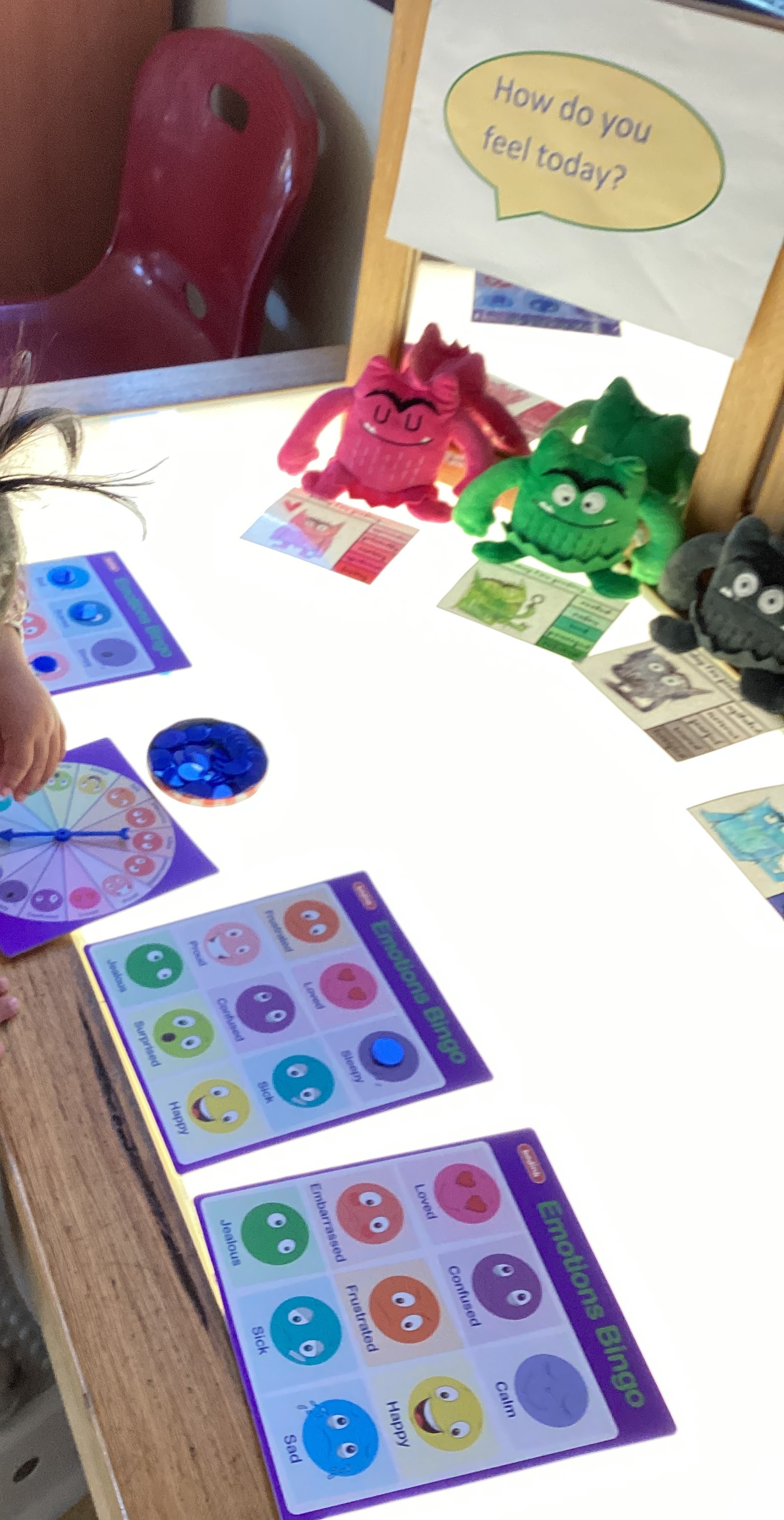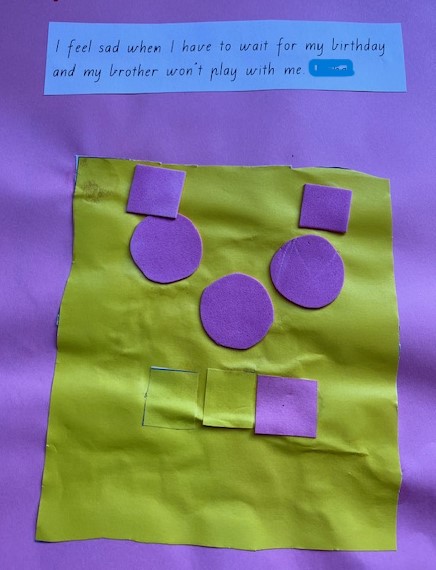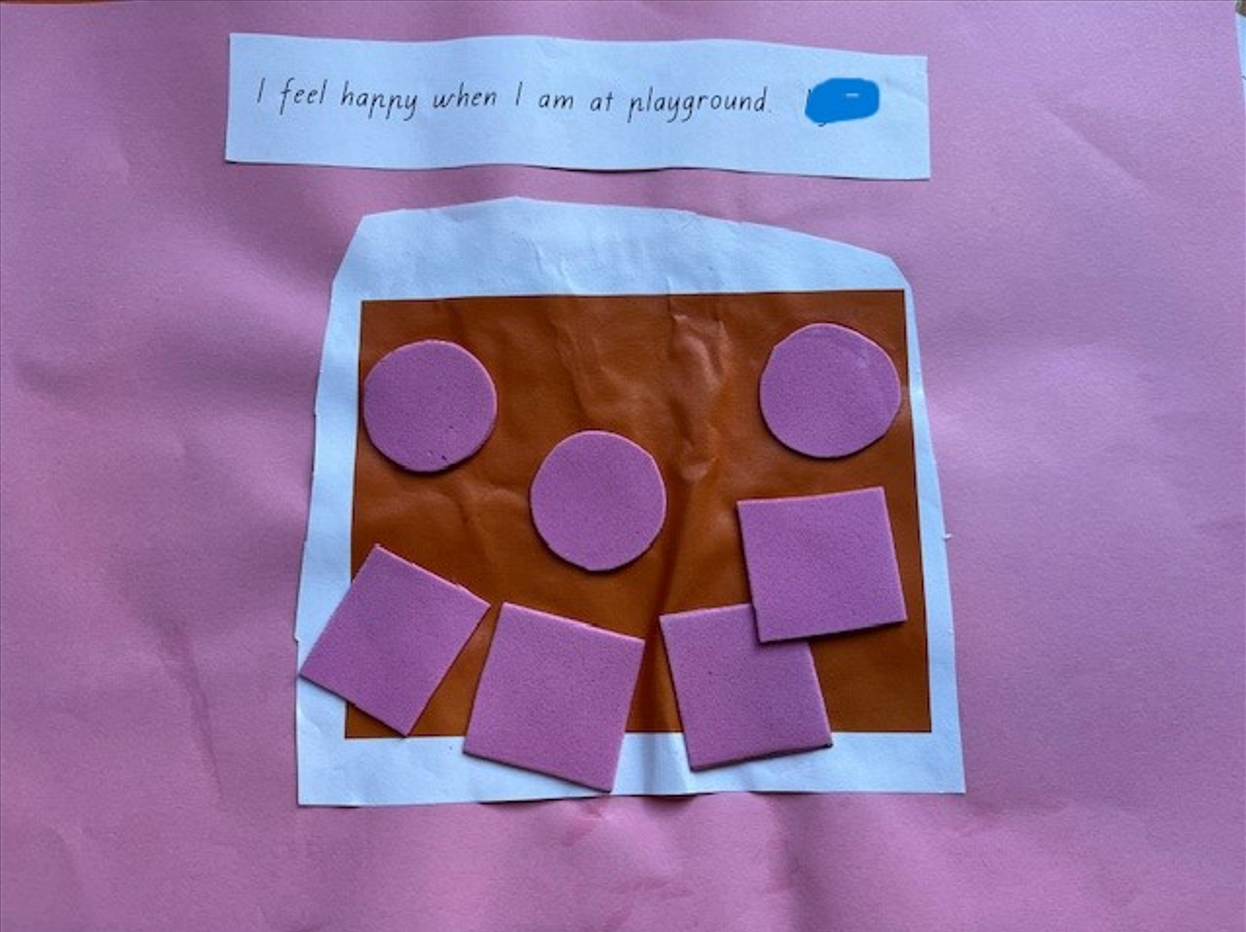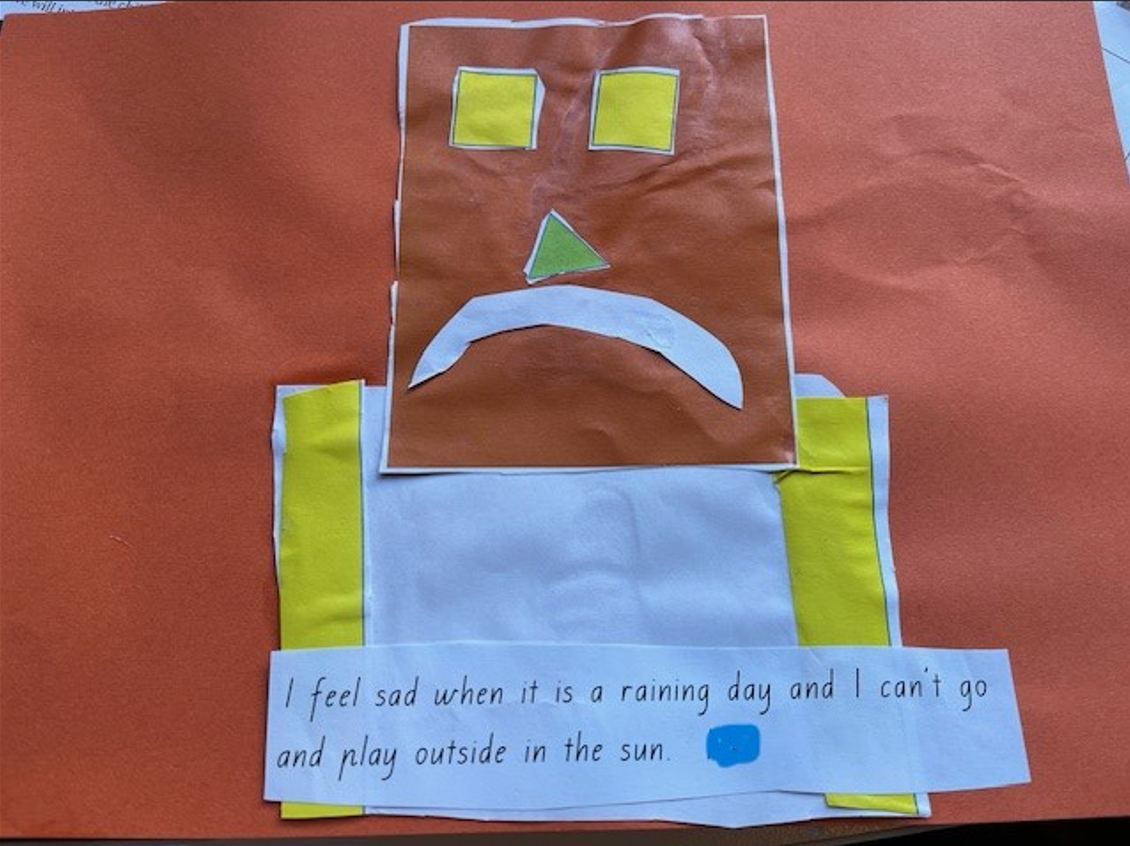Published 16 Oct 2024
How Circle of Security Classroom strengthened learner and teacher relationships - Oakleigh Primary School and Kindergarten
Engaged in and applied professional learning
Robyn Withington – Educational Leader
Oakleigh Primary School and Kindergarten
Schools and early childhood services across Victoria continue to provide quality learning experiences across all levels. The VIT’s Professional Practice team is privileged to see this work first-hand on visits to workplaces around the state. This is just one example showcasing the great work happening in a Victorian early childhood service.
Oakleigh Primary School and Kindergarten’s aim is for each child to become happy, healthy and resilient. They endeavour to ensure their learners are well equipped for the challenges of lifelong learning and have the skills to achieve their full academic, creative and social potential.
When the kindergarten team witnessed a rise in challenging behaviours, they set out to find targeted training to improve their own ability to identify the drivers and manage behaviour and emotional regulation among their learners.
Q: Can you provide some background to your approach in developing the initiative, including any research or established models / strategies that your approach is based upon?
Our team identified an increase in children attending the service who were regularly displaying big emotions and difficulty self-regulating, resulting in challenging behaviours within the classroom.
To address these issues, we undertook training in the internationally recognised Circle of Security Classroom (COS-C) program provided by Bryony Catlin from Community Child Care Association. As a part of the Department of Education’s School Readiness Funding menu our service chose COS-C as a training initiative that could increase the capacity of our staff team by equipping them with knowledge about how best to meet the needs of the children we teach. COS-C also provided our team of teachers and educators with the tools to reflect on the individual biases we bring to the classroom and how we can meet children’s complex needs through developing secure attachment relationships with every child.
COS-C is an evidence-based program based on attachment theory that teaches core concepts and strategies for enhancing positive relationships with all children. Circle of Security was initially designed to support parents of young children, and the Circle of Security Classroom program is in the early stages of being delivered to early childhood educators working in early childhood education settings. One of the key concepts that the program explores is encouraging adults to look more closely at the behaviours being displayed by children to see if they can identify what attachment needs the child might be trying to communicate through their behaviour.

Circle of Security Classroom strategies in use at Oakleigh Primary School and Kindergarten

Circle of Security Classroom strategies in use at Oakleigh Primary School and Kindergarten
Q: What structural things are in place to ensure that the initiative has its best chance of success?
At Oakleigh Primary School and Kindergarten, our early childhood teachers are taking concrete steps to prioritise children's attachment needs. As a team, we are embedding the learnings from COS-C into the three- and four-year-old kindergarten programs. The training has enabled our team of early childhood teachers and educators to reflect upon children’s attachment needs and strengthen their relationship with each child at the service.
Funding allocated for professional development allowed all staff to complete a combination of online and face-to-face training that focused on understanding and meeting children's attachment needs, particularly for those struggling to settle into a kindergarten environment and form connections with others.
The COS-C training emphasised the importance of observing children’s behaviour to uncover their underlying needs. One example included a child seeking constant attention and reassurance from their teacher. Their observed behaviour may be expressing a need for connection and friendship. In response, we utilised COS-C strategies and approaches to nurture secure relationships and facilitate social connections between children. This has led to the development of an inquiry with the children learning to identify and name their emotions and learn how to make friends. During this ongoing inquiry, the children have been supported to develop the foundational social and emotional skills that are central to their interactions with their peers and teachers. This took place through a combination of intentional teaching around the use of colours to refer to emotions and play-based experiences including literature, music and hands-on materials.
Q: What are the greatest benefits to staff development of this approach?
In the six months following Oakleigh Kindergarten’s participation in the COS-C professional learning, our staff have been regularly observed reflecting, both in team meetings and conversations with leadership, about the needs of our learners and what specific children are trying to communicate with them through their behaviour. By taking the time to be curious, look more deeply and engage with our families we have seen positive changes in relationships with both children and families. In some cases, we’ve also observed a reduction in challenging behaviours as staff have been able to change the way they respond and develop specific strategies.
At times, challenging behaviour can be very stressful within the classroom and as a result of COS-C, staff have built their capacity to identify what is called “shark music”. That is, being aware of the behaviours we might see from our learners that may increase our own stress responses. As a team, we have become more confident to share how we are feeling in these stressful situations and seek support from other team members within the service.
Overall, the COS-C training has been instrumental in fostering reflection and collaboration among our kindergarten teachers and educators. It has given us an opportunity to reflect on our practice and identify how best to support each other as educators. Whether it's dividing tasks like, "Why don’t you work with this group while I attend to this child?" or facilitating peer assistance in redirecting behaviour, the training has cultivated a culture of teamwork and collaboration. It has prompted staff to consider their interpersonal dynamics and better understand their stress reactions and individual triggers, and how these factors influence their interactions with learners.
Q: What have been the benefits to learner outcomes of this approach?
Our kindergarten teachers and educators aim to provide a supportive environment where children feel safe to explore while knowing their needs will be met. By prioritising secure attachments, we hope to lay the groundwork for positive emotional development in the children in our care. We are now more aware of the different ways children communicate their attachment needs and are more in tune with meeting the needs of every child.
We have observed the children developing their ability to identify and verbalise their own emotional needs too. This has been evident through the responses we have received in our practice of intentionally teaching emotions and feelings across the service through hands-on experiences, literature, modelling language, role-playing scenarios, art experiences and identifying emotions and feelings.
It has also been wonderful to see the significant improvements in children's settling-in processes at the beginning of each day, particularly in the three-year-old room. This progress reflects the dedication of our teachers to understand and address the individual needs of each child, as well as their ongoing efforts to support families in navigating their own challenges.

Learner artwork at Oakleigh Primary School and Kindergarten

Learner artwork at Oakleigh Primary School and Kindergarten
Q: What plans does your workplace have to take this approach forward?
Having completed the COS-C training, our focus now shifts towards embedding these practices within our kindergarten’s culture and being reflected in our philosophy. By consistently implementing what we've learned, we aim to maintain high-quality relationships with children, aligning with ACECQA’s National Quality Standard. Keeping relationships central to our practice ensures that every child feels valued, heard and supported in their emotional journey.
Through the Circle of Security Classroom program, we endeavour to meet the diverse needs of children while working closely with families to build strong connections and relationships. We actively reach out to families, recognising the importance of their involvement in their child's education. To further support parents, we're also committed to sharing resources and information through various channels. By curating a parent library of resources and leveraging digital communication platforms such as online apps, we can provide convenient access to valuable information and support materials for families of children within our service. There is a clear appetite within our parent community for these resources, and we're dedicated to meeting their needs.
Oakleigh Primary School Kindergarten continues to find the best ways to support children on their educational journeys. We encourage respectful, collaborative relationships between children, families, the school, educators and the broader community, with our common focus being the child.
At the heart of our service is a commitment to developing positive relationships with children, between children and with the families using the key learning from COS-C including identifying the various needs of each child during the sessions. We recognise that behind every behaviour lies a story waiting to be heard. In delving beneath the surface, we can uncover the needs and desires driving each child's actions.
Q: Can you detail any references or citations applicable?
- Circle of Security Classroom – Training for early childhood professionals – Community Child Care Association
- Circle of Security – Department of Education, Victoria
- School Readiness Funding Menu - Department of Education, Victoria
Do you have an example of outstanding work in your school or early childhood service? We’d like to consider showcasing it the Excellence in Teaching section of our website. Send your example and contact details to vitcomms@vit.vic.edu.au.
